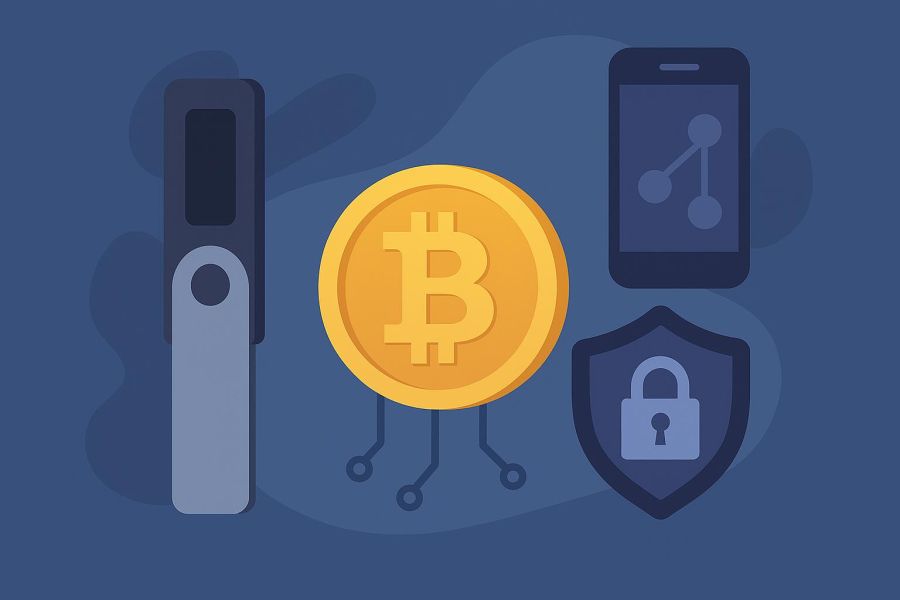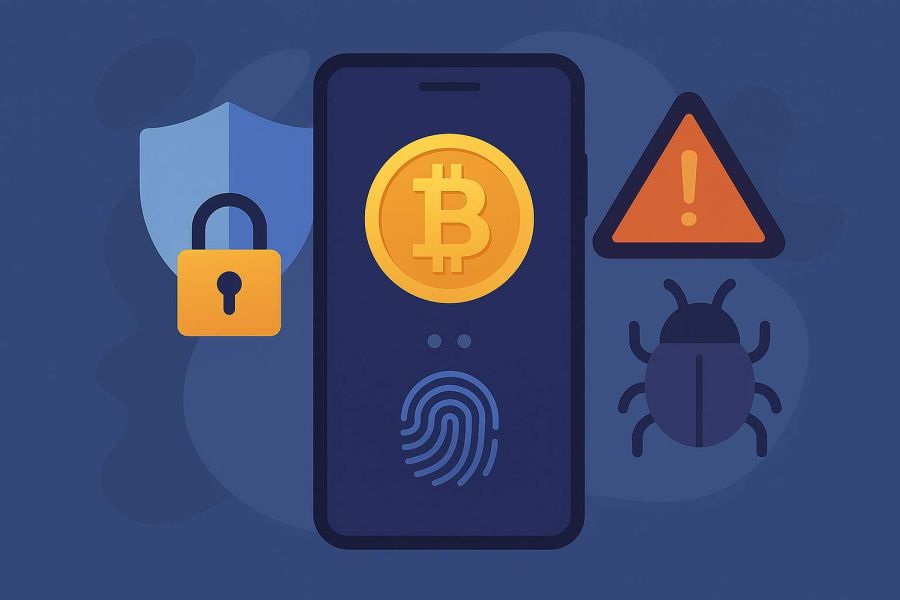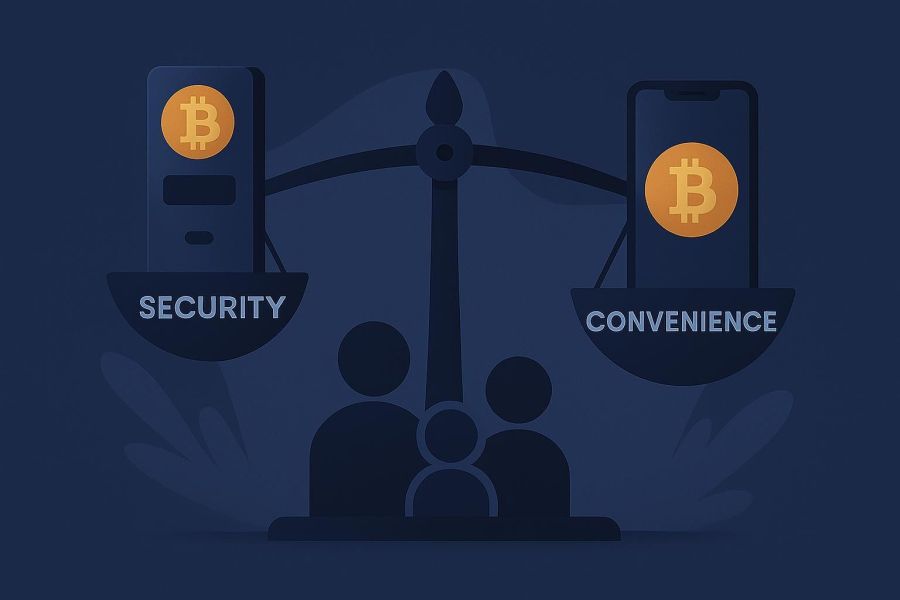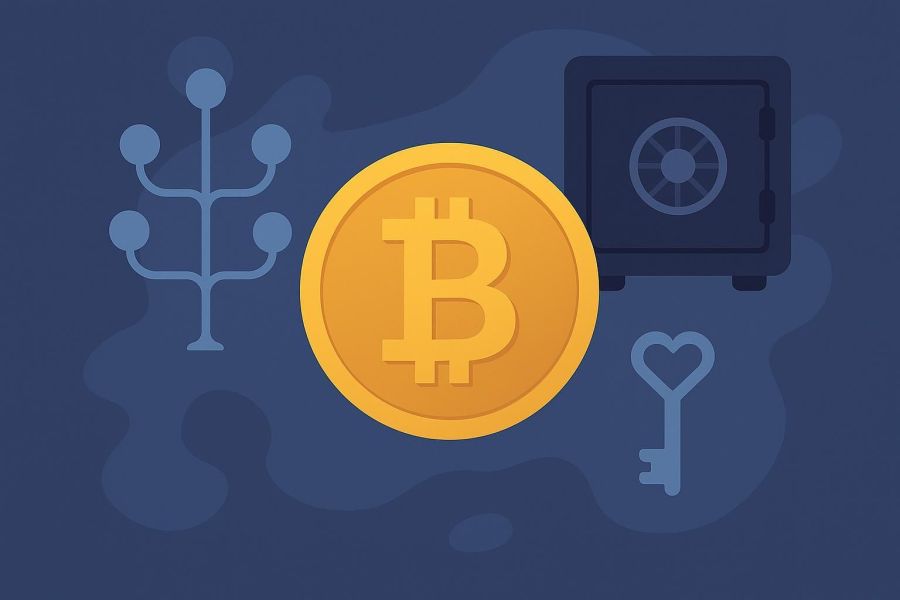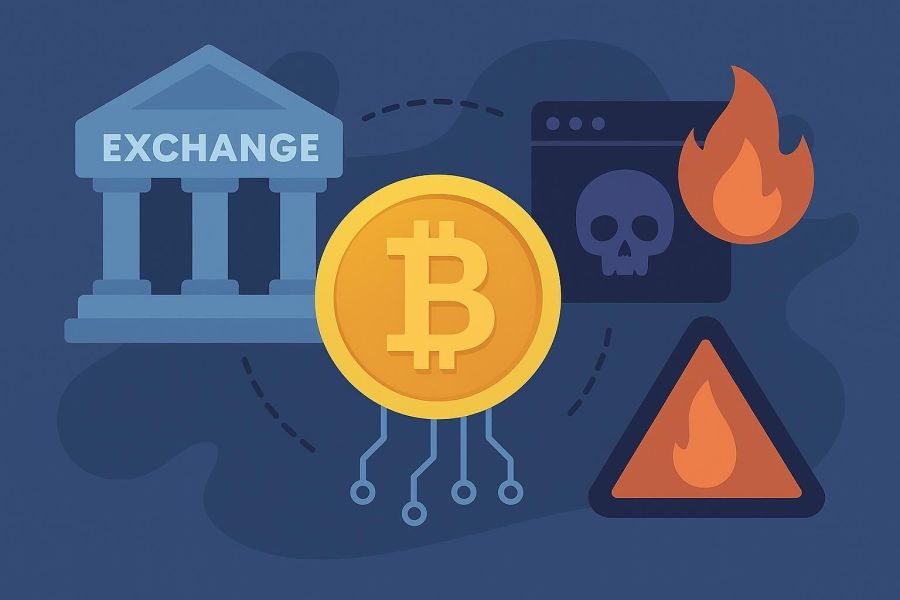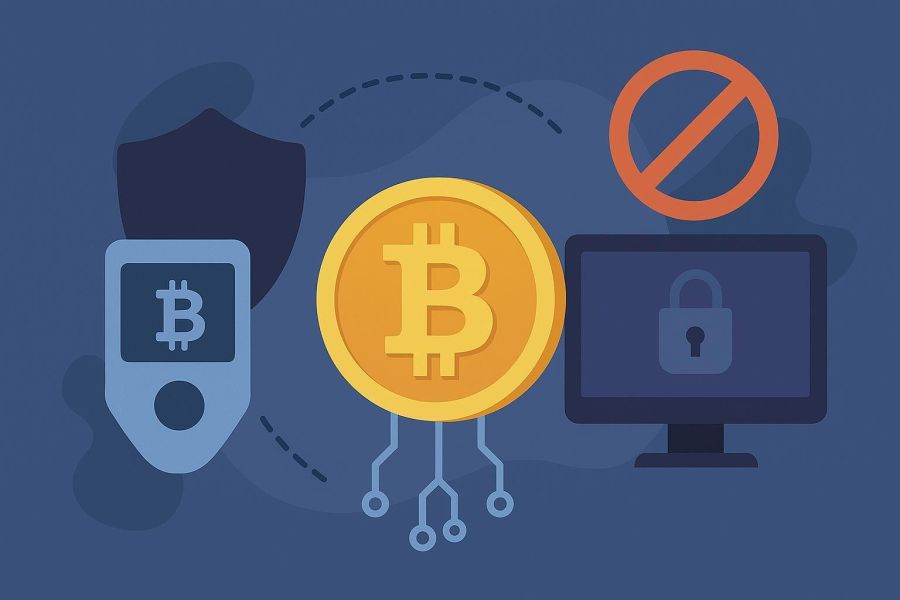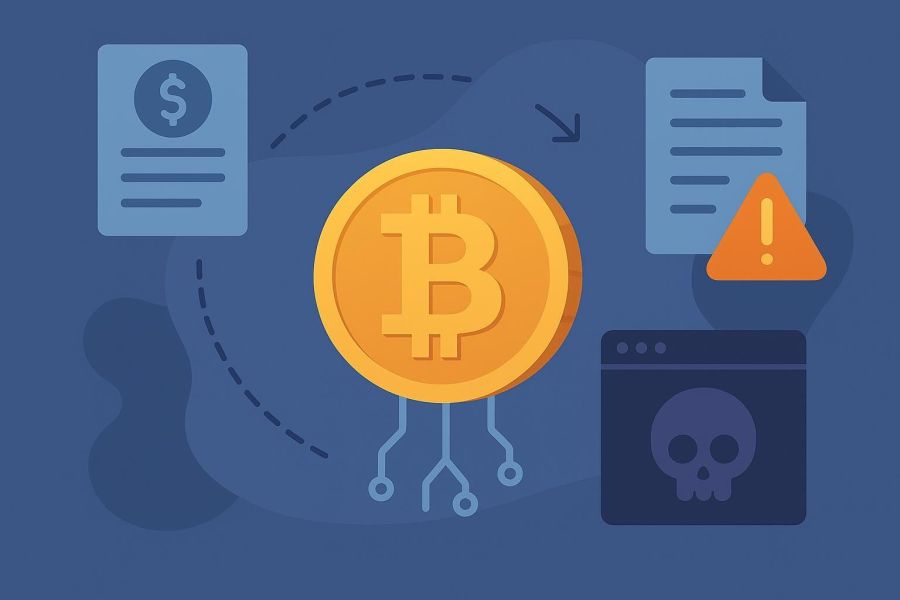
What’s the Difference?
The key distinction between custodial and non-custodial wallets is who holds the private keys—and therefore, who has control over your Bitcoin. If you don’t hold the keys, you don’t truly own the coins.
Custodial Wallets
Custodial wallets are managed by third parties, such as exchanges or financial services. They store your funds and private keys on your behalf. Examples include wallets from platforms like Coinbase, Binance, or Revolut.
- Pros: Easy to use, password recovery, no need to manage seed phrases.
- Cons: Trust required, potential for hacks, frozen funds, or account bans.
Non-Custodial Wallets
Non-custodial wallets give you full control of your private keys. You manage your backup, security, and recovery. Popular options include mobile wallets like BlueWallet, desktop apps like Electrum, or hardware wallets.
- Pros: You control your funds, better privacy, no third-party risk.
- Cons: Full responsibility for backups and security. No password recovery.
Which One Should You Use?
If you’re new or just experimenting with small amounts, custodial services can offer convenience. But for long-term savings, non-custodial wallets are essential if you want full ownership and security.
Security Tip
“Not your keys, not your coins.” It’s more than a slogan—it’s a reminder that true financial sovereignty requires self-custody.



